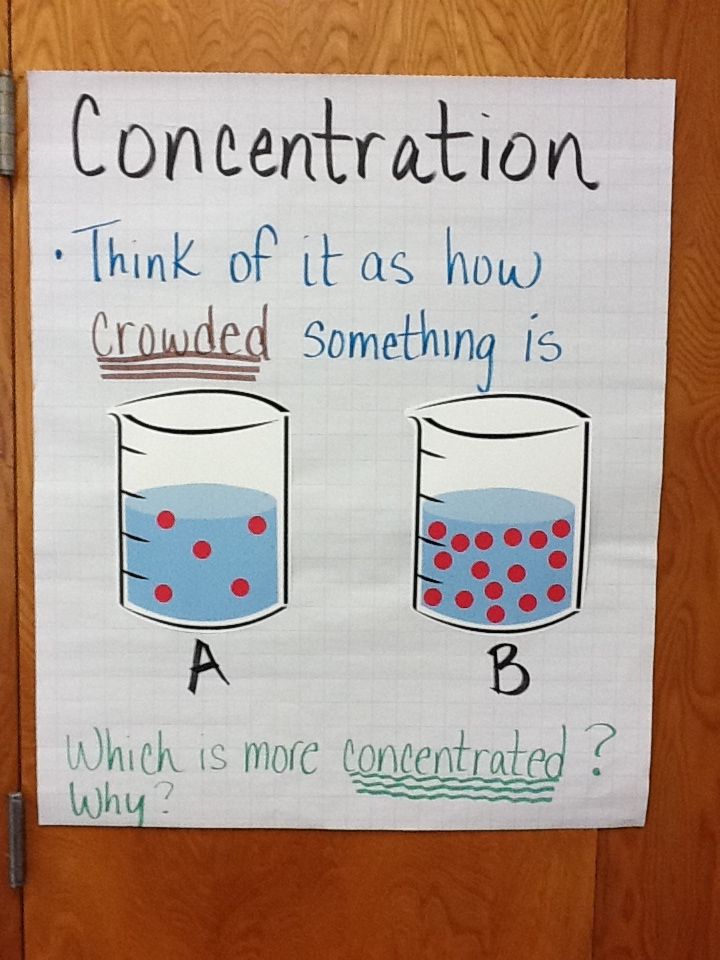How to Talk About Politics Without Fighting: Building Bridges Instead of Barriers
Introduction: Why Civil Political Conversations Matter
In today’s highly polarized world, political discussions often ignite more heat than light. Many people shy away from these conversations, fearing arguments or damaged relationships. Yet, learning how to talk about politics without fighting is not only possible-it’s essential for a healthy democracy and strong communities. Engaging thoughtfully can deepen understanding, reduce polarization, and build lasting connections [3] . This guide offers actionable strategies for having meaningful, respectful political conversations-whether with friends, family, or colleagues.
1. Prepare Yourself: Reflect and Set Intentions
Before entering any political discussion, take time to reflect on your own beliefs and motivations. Ask yourself why you want to have this conversation. Is it to understand the other person’s perspective, to persuade them, or simply to vent? Clarifying your intentions helps you stay focused and avoid turning the discussion into a debate or a contest.
Consider setting a personal intention to learn, not just to win. For some, this might mean talking to a trusted confidant or, if you’re religious, praying or meditating for patience and understanding before engaging [5] . Being calm and centered can help you respond thoughtfully, rather than react impulsively when disagreements arise.

Source: chromeunboxed.com
2. Ask Thoughtful Questions
One of the most effective ways to keep political conversations from becoming confrontational is to ask sincere, open-ended questions. Instead of assuming you know what someone means, invite them to explain their position: “What do you mean by that?” or “Can you tell me more about why you feel this way?” This approach signals respect and curiosity, which can diffuse tension and foster mutual understanding [1] .
Real-world example: At a family dinner, instead of challenging a relative’s statement about a political issue, you might ask, “What experiences have shaped your views on this?” This allows the conversation to move beyond slogans and into personal stories, which are less likely to spark defensive reactions.
Step-by-step guidance:
- Listen without interrupting and let the person complete their thought.
- Ask clarifying questions when something is unclear.
- Avoid leading questions that imply judgment.
3. Practice Active Listening
Active listening means giving your full attention, withholding judgment, and responding to show you understand. Paraphrase what you’ve heard to ensure comprehension: “So what I’m hearing is that you’re concerned about… Is that right?” This technique shows you value the other person’s perspective and can prevent misunderstandings [1] .
Potential challenge: It can be difficult to listen to views that strongly oppose your own. If you feel yourself becoming defensive, take a deep breath and remind yourself of your intention to understand, not to win.
Alternative approach: If emotions are running high, suggest a short break or agree to revisit the topic later, ensuring the conversation remains constructive.
4. Establish Ground Rules for Productive Dialogue
Before diving into sensitive topics, agree on some basic ground rules with your conversation partner. These might include:
- Each person gets equal time to speak without interruptions.
- No name-calling or personal attacks.
- Focus on ideas, not identities.
- Agree to disagree if common ground isn’t found.
By setting expectations, you create a safer space for honest exchange and decrease the likelihood of escalation [2] .
Example: Friends may decide that during social gatherings, political discussions are welcome as long as everyone follows a “one person speaks at a time” rule, and anyone can ask for a pause if emotions run high.
5. Cultivate Reciprocity, Generosity, and Mutual Respect
Effective political conversations require reciprocity-both parties should listen as much as they speak. Generosity means assuming the best intentions in others, rather than the worst. Mutual respect is essential: treat others’ viewpoints as valid, even if you disagree [2] .
Practical steps:
- When you hear an opinion you disagree with, pause and consider what values might underlie it.
- Respond with empathy: “I can see how that might be important to you.”
- Avoid sarcasm, mockery, or dismissive language.
Challenge: If the other person is not showing reciprocity or respect, politely address it: “I’d appreciate if we could both listen to each other fully.” If necessary, suggest shifting the conversation to another topic.
6. Focus on Understanding, Not Winning
Remember that the goal is not to change someone’s mind in a single conversation. Often, people are more likely to reconsider their views when asked reflective, non-threatening questions, rather than when confronted with counterarguments [3] .
Case study: Research shows that individuals sometimes shift their perspectives over time as a result of thoughtful conversations where they felt heard and respected, not attacked or belittled [3] .
Practical application:
- Ask yourself, “Am I here to understand or to convince?”
- If the conversation becomes heated, restate your intention: “I’m not trying to change your mind; I just want to understand your point of view.”
7. Know When to Pause or Avoid the Discussion
Sometimes, the healthiest option is to avoid or pause a political conversation-especially if emotions are running high or if the relationship is more important than the issue at hand. Research indicates that while discussing politics can be valuable, it’s not always necessary or productive in every context [4] .
For couples or families with deeply divergent views, it may be best to agree to limit or avoid political topics, focusing instead on shared interests and values. However, if avoiding these topics entirely, be mindful that children and younger family members may miss out on learning about civic engagement [4] .
Alternative pathways:
- Change the subject to something less divisive if the conversation stalls or becomes hostile.
- Suggest returning to the topic at a later time when everyone feels calmer.
8. Seek Common Ground and Shared Values
Despite surface disagreements, most people share fundamental values like safety, fairness, and opportunity. By focusing on these shared goals, conversations can become more collaborative.
Step-by-step guidance:
- Identify and highlight areas of agreement, even if small.
- Use phrases like “We both care about…” or “It sounds like we both want…”
- Build from these points to discuss differences more constructively.
Example: Two friends might disagree on policy details but both want safer communities. Focusing on this shared value can lead to more productive dialogue about possible solutions.

Source: 12southrecovery.com
9. When and How to Access Resources for Productive Dialogue
If you want to further develop your skills in civil discourse, consider seeking out resources from universities, community organizations, or professional facilitators. Many universities offer public lectures and workshops on civil political dialogue. For example, you can search for “civil discourse workshops” or “constructive political conversation resources” through the communication or political science departments at major universities. Community organizations and local libraries may also host dialogue events or provide reading lists on respectful communication.
To find support in your area, you might:
- Contact your local university’s communication or political science department for upcoming events or resources.
- Check with your public library for book recommendations on civil discourse.
- Search for national organizations focused on bridging political divides, such as Braver Angels or Living Room Conversations, both of which have verified, accessible websites and offer practical conversation guides.
If you prefer online resources, visit the official websites of these organizations for toolkits and event listings. When in doubt, verify the organization’s credibility and look for reviews or endorsements from reputable sources.
Conclusion: Turning Division Into Dialogue
Talking about politics without fighting is challenging but rewarding. By preparing yourself, asking thoughtful questions, practicing active listening, and respecting others’ perspectives, you can turn what might be a battleground into an opportunity for connection and understanding. Remember that every respectful conversation contributes to a healthier democracy and stronger relationships. If you need guidance, seek out reputable organizations, educational institutions, or local community groups that offer training and support in civil discourse.
References
- [1] USFCA (2024). How to Talk About Politics Without Starting a Fight.
- [2] UW-La Crosse (2024). How to talk politics with friends.
- [3] University of Virginia (2024). Why You Should Talk to People You Disagree With About Politics.
- [4] University of Illinois (2024). How can we peacefully talk politics with people who have differing views.
- [5] Life.Church (2024). A Guide to Talking Politics Without Cringing, Hiding, or Fighting.



